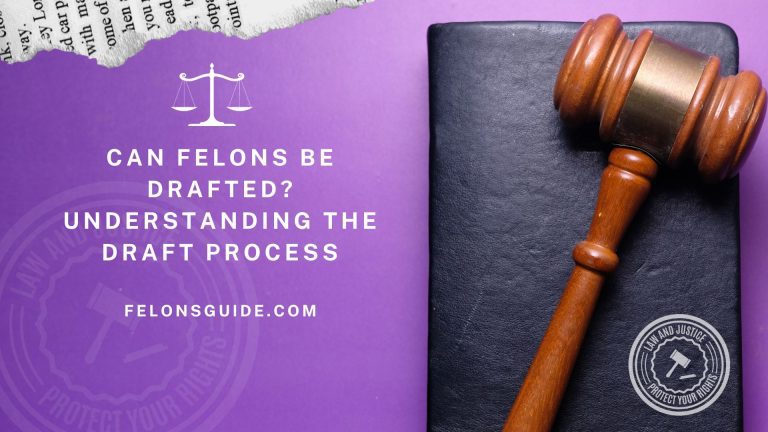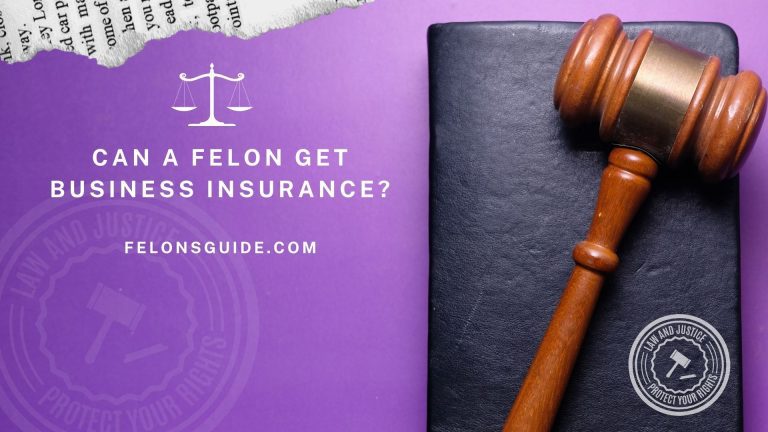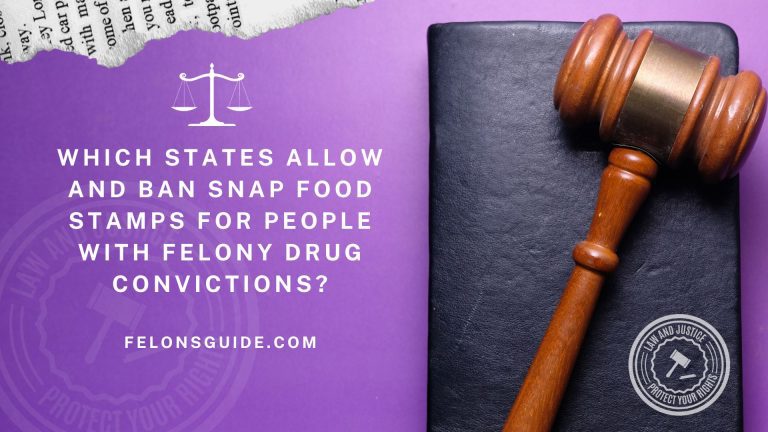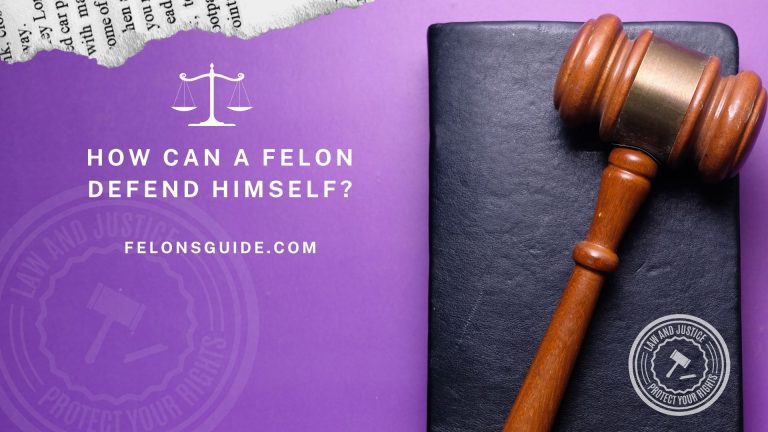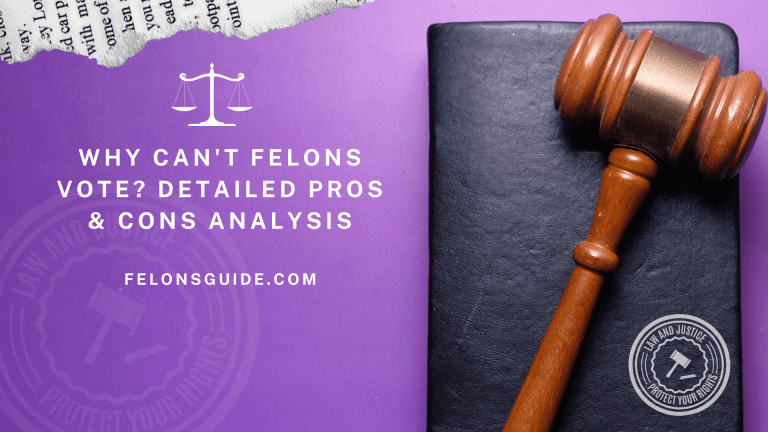Can Felons Get a Private Pilot’s License?
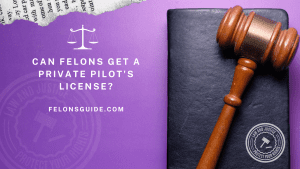
Navigating the skies as a private pilot is a dream for many. But what if your past includes a felony conviction? You might wonder if this dream is out of reach. The good news is that it’s not necessarily a dead end. The Federal Aviation Administration (FAA) has guidelines in place for individuals with felony convictions seeking to earn their wings. Let’s dive deeper into the realities and regulations surrounding this issue.
Also Read:
- What states can a felon own a gun?
- What states allow felons to own black powder guns?
- Can a felon own a paintball gun?
Understanding FAA Regulations
The FAA is responsible for regulating all aspects of civil aviation in the United States, including the certification of pilots. While having a felony conviction does introduce complexities into the process of obtaining a private pilot’s license, it does not automatically disqualify you. The specifics, however, can get a bit intricate, especially when it comes to drug or alcohol-related offenses.
The Nature of the Conviction Matters
The first thing to understand is that the FAA evaluates applicants on a case-by-case basis. Not all felonies are viewed through the same lens, particularly when assessing someone’s eligibility to pilot an aircraft. The nature of your conviction plays a crucial role. Generally speaking, the FAA shows concern over felonies that indicate a disregard for safety or involve substances like drugs or alcohol, given the inherent risks they pose to aviation.
Drug or Alcohol-Related Offenses
For those with convictions related to drugs or alcohol, the path to a pilot’s license comes with specific hurdles. According to 14 CFR 61.15, if you’ve been convicted of such an offense, you might face a waiting period before you can apply for a license — typically up to one year after your conviction. This regulation underscores the FAA’s stringent stance on maintaining safety and sobriety in the skies.
Impact on Existing Certificate Holders
If you already hold a pilot’s license and are then convicted of a relevant offense, the FAA has the authority to suspend or revoke your certification for a similar period. This policy reinforces the importance of responsible behavior both on the ground and in the air, as the consequences extend beyond legal penalties to include professional ramifications.
The Road to Rehabilitation
The FAA recognizes that people can change and demonstrates a willingness to consider the full context of an applicant’s history. If you have a felony conviction and are aspiring to become a pilot, demonstrating rehabilitation and a commitment to avoiding past mistakes is crucial. This might include completing any required legal penalties, participating in rehabilitation programs, and maintaining a clean record since the conviction.
Notification and Documentation
Aspiring pilots with felony convictions need to be transparent with the FAA. This includes promptly notifying the FAA of any drug or alcohol-related motor vehicle actions, as failure to do so can lead to application denial or certificate revocation. Be prepared to provide comprehensive documentation regarding your conviction and rehabilitation efforts.
Every Case Is Unique
Because each individual’s situation is unique, the FAA does not offer a one-size-fits-all answer. Some may find the path to a private pilot’s license relatively straightforward, while others may encounter more significant obstacles. Consulting with an aviation attorney can provide clarity and guidance tailored to your specific circumstances.
Final Thoughts
In summary, while a felony conviction presents challenges to obtaining a private pilot’s license, it is not an insurmountable barrier. The FAA’s approach balances the importance of aviation safety with the possibility of personal rehabilitation. If you’re passionate about flying and willing to navigate the regulatory landscape, the sky could indeed be the limit. Remember, the journey to earning your wings is as much about proving your commitment to safety and responsibility as it is about mastering the technical skills of aviation.
